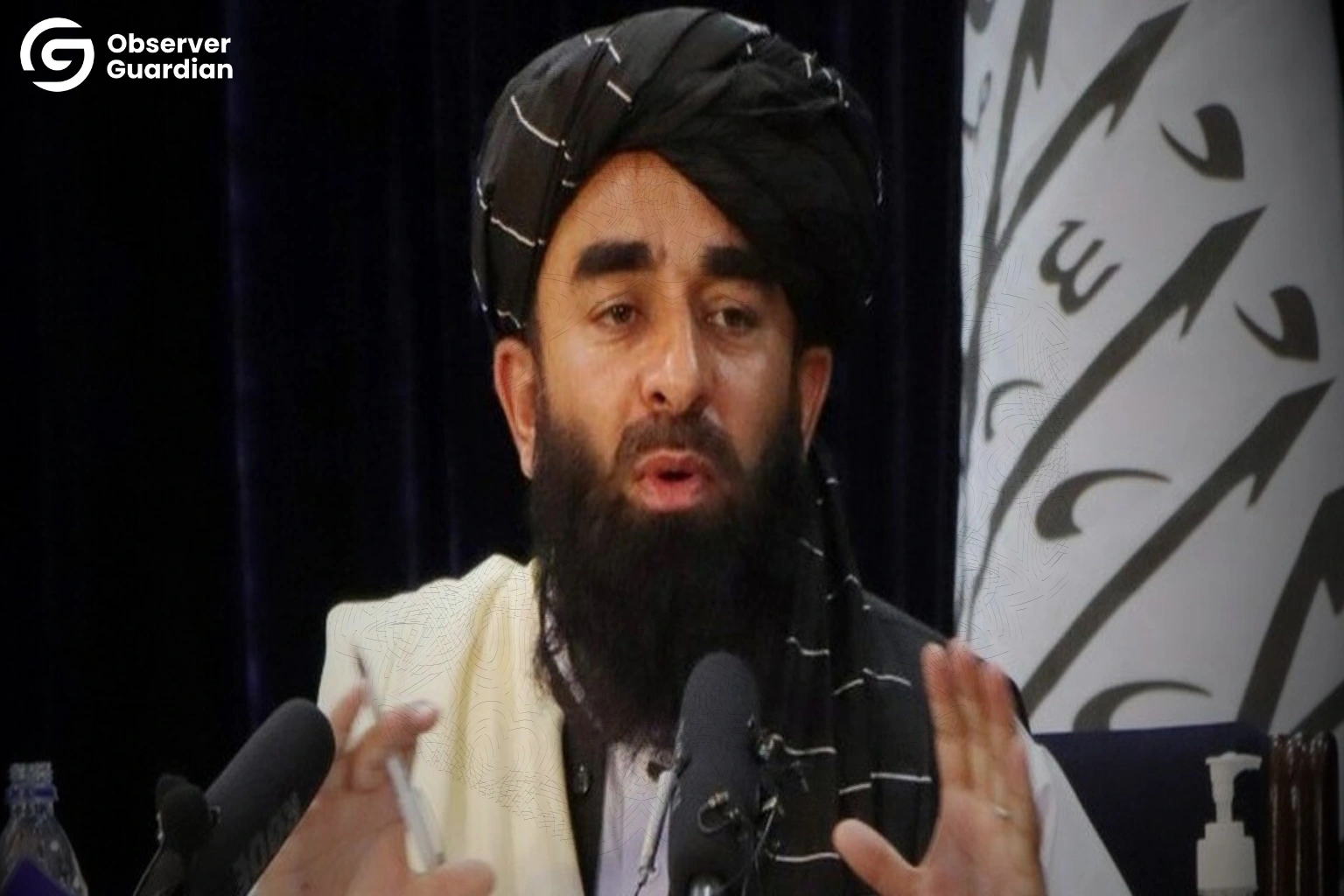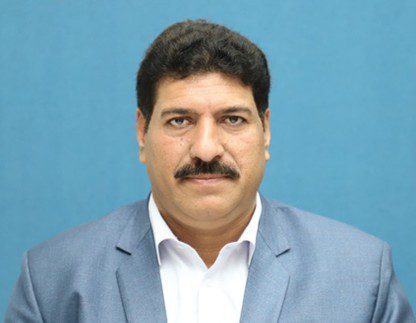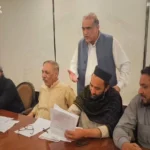Zabiullah Mujahid’s latest press conference pretty much sums up how the Taliban handles pressure when things go wrong inside Afghanistan. They look for someone else to blame. On 12th October 2025, he claimed Afghan forces had destroyed Pakistani posts and “martyred” dozens of security personnel. None of that has been backed up by facts, but it fits the pattern. The pattern is to blame Pakistan, deflect criticism, and keep the domestic audience distracted from what is really happening inside Afghanistan.
Blaming Pakistan to Cover Internal Cracks
It is not something new. Every time the Taliban faces internal chaos or growing resentment at home, the finger points towards Islamabad. Mujahid’s accusation that Pakistan’s security agencies are somehow stirring up trouble sounds more like a smokescreen than a statement. Afghanistan under the Taliban is struggling on every front. The economy is free falling, people are restless, and governance is patchy at best. Thus, calling out Pakistan gives them a convenient villain, while ignoring the fact that groups like TTP and BLA are still operating openly from Afghan soil.
The Mujahid’s Illusion of “Full Control”
Mujahid insisted that Afghanistan now controls all its borders. But this is not true. The border areas are a maze of militant safe havens, from Khost and Kunar to Paktika and Nangarhar, where banned outfits train, regroup, and cross into Pakistan. Islamabad has been sharing detailed evidence for years. The details include satellite data, coordinates, and even names of terror camps. Instead of acting, the Taliban’s intelligence wing, the GDI, has reportedly let these camps grow stronger.
So, it is hard to believe in Kabul’s sincerity when it protects the very groups it once promised to curb.
Harboring Terrorists and Calling It Sovereignty
One of the worst secrets kept by the Taliban is that TTP leader Noor Wali Mehsud is living comfortably in Kabul. Reports suggest he gets a monthly stipend worth tens of thousands of dollars. This is not a rogue element, but state protection. Besides, 80 percent of infiltration groups attacking Pakistan now consist of Afghan nationals, and more than 200 Afghans have been killed inside Pakistan during counter terrorism operations. Thus, it is clear what is going on. This is not about rogue fighters slipping through the cracks, but organized sheltering.
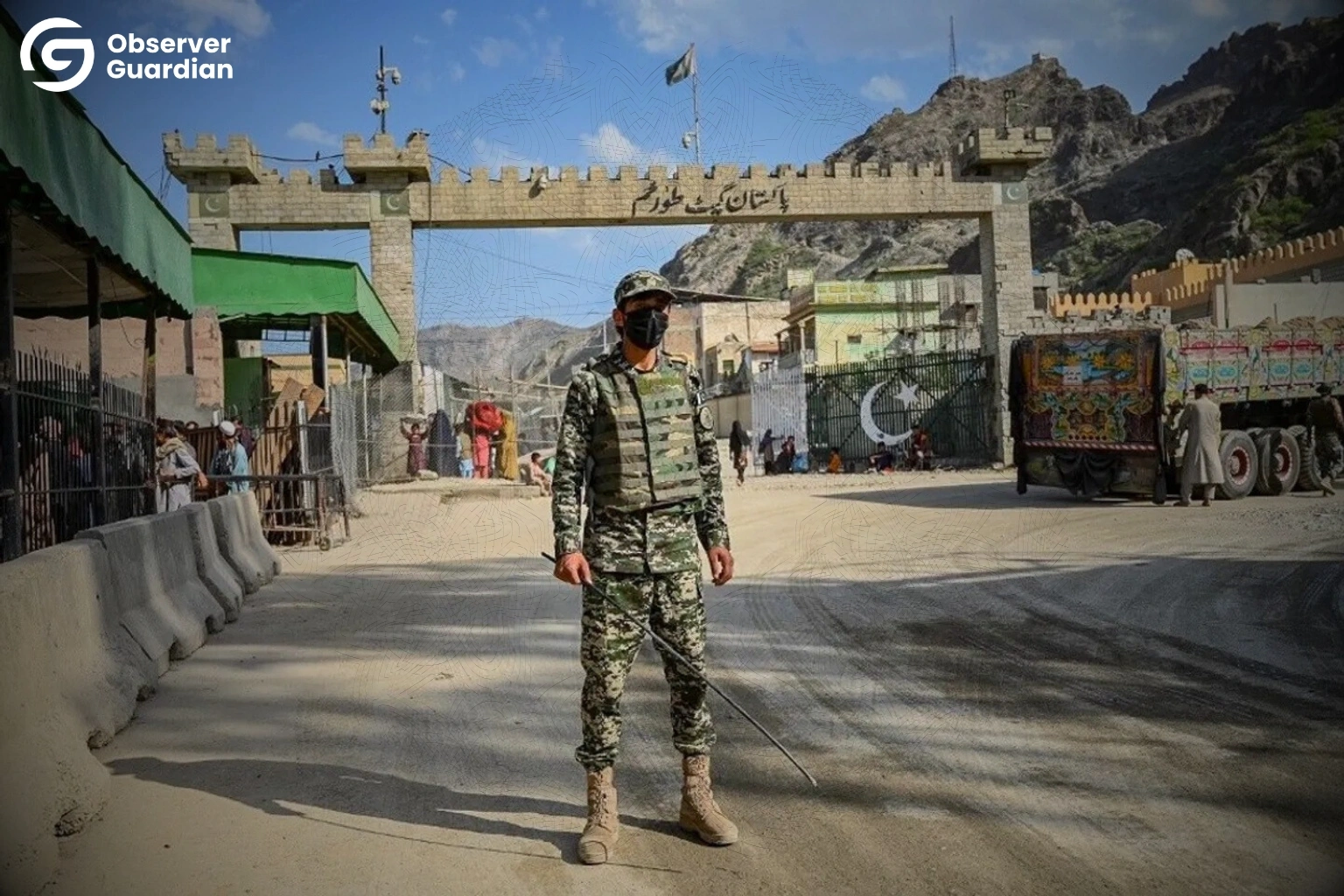
The Human Cost on Pakistan’s Side
Moreover, Pakistan’s losses tell a grim story. In 2024, over 350 law enforcement officials and more than 200 civilians lost their lives to cross border terrorism. The next year was even worse. Most of these attacks were traced back to Afghan territory. Two senior BLA commanders, Rehman Gul and Mushtaq Kohi, were killed inside Afghanistan earlier this year. Their presence is proof that the Afghan government is not just turning a blind eye, but enabling the networks that target Pakistan.
Picking and Choosing Which Terrorists to Fight
Furthermore, the Taliban likes to claim it is against terrorism, but that depends on who the terrorists are. They go after ISIS-K because that group threatens their rule, yet they continue to protect TTP, BLA, and Al Qaeda operatives. It is because those groups are “useful”. Mujahid even asked Pakistan to hand over ISKP members, while Kabul refuses to hand over TTP commanders who have murdered Pakistanis. Basically, this is hypocrisy dressed up as diplomacy.
The Weapons Market They Will Not Talk About
Another part Mujahid conveniently ignored is the flood of Western weapons left behind by NATO. Around seven billion dollars’ worth of arms, including M4s, M16s, and thermal sights, are now being traded and used by the TTP and BLA. Many of those weapons are sold to the highest bidder by Taliban commanders themselves. Pakistan’s Frontier Constabulary HQ in Bannu was attacked with some of those weapons earlier this year. Three of the six attackers were Afghans, including the suicide bomber. So, it is not propaganda when physical evidence is left on the battlefield.
Words vs. Reality
Additionally, when Mujahid boasted that Afghan forces had destroyed Pakistani posts, it said more about his mindset than any battlefield reality. It was a flex for domestic consumption, and not a reflection of facts. His constant digs at Pakistan’s institutions also serve another purpose. They are meant to drive wedges between the two publics and create mistrust. Meanwhile, the Taliban’s own failures, from the collapse of basic services to the continued suppression of women, get buried under a pile of patriotic rhetoric.
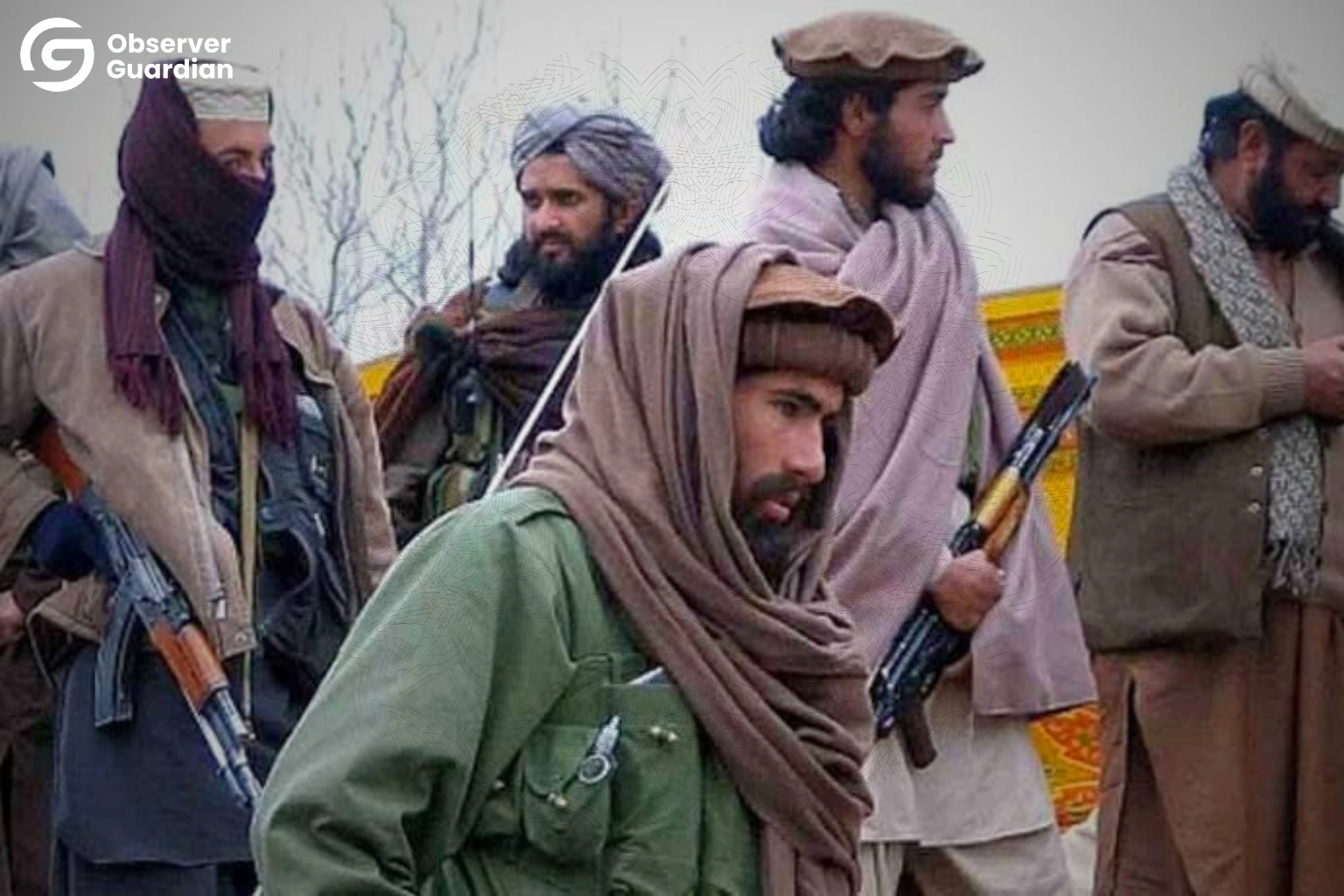
Besides, talk of peace and dialogue also rings hollow when militants cross the border daily. If Kabul truly could have controlled its territory, the movement of fighters and weapons into Pakistan would not be so routine. The claim that Afghanistan’s borders and airspace are fully secure does not hold up, when reality shows the opposite.
Pakistan’s Position and What Comes Next
On top of that, Pakistan has shown restraint despite repeated provocations. Its operations along the border have been genuine and intelligence based, aimed at militants who threaten Pakistani communities, and not at Afghan civilians. Islamabad keeps saying it wants peace and a stable Afghanistan. However, peace is not possible if one side keeps hosting and funding groups that attack the other.
The Taliban’s stance also hurts ordinary Afghans. Around 80 percent of Afghanistan’s trade and access to medicines and education routes is through Pakistan. Thus, stirring up hostility across the border makes life harder for Afghans, and not for Pakistanis.
The Bigger Picture
In the end, when one strips away the slogans, Mujahid’s press conference was classic damage control. These were the angry words trying to cover up uncomfortable truths. The Taliban still runs a propaganda machine that prefers confrontation over cooperation. It cannot claim that it is in favor of regional stability, while allowing its soil to be used for attacks.
Hence, if the Afghan government genuinely wants legitimacy, it needs to shut down the TTP and BLA sanctuaries, stop exporting violence, and start fixing what is broken inside Afghanistan.
Until that happens, no amount of blaming Pakistan will change the facts on the ground.
⚠ Disclaimer
The views and opinions expressed in this article are exclusively those of the author and do not reflect the official stance, policies, or perspectives of the Platform.

